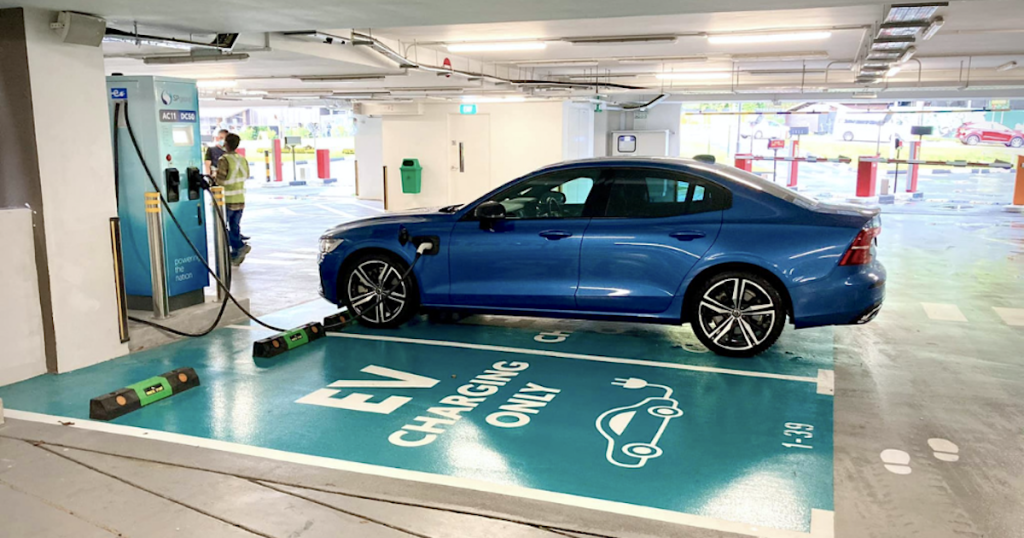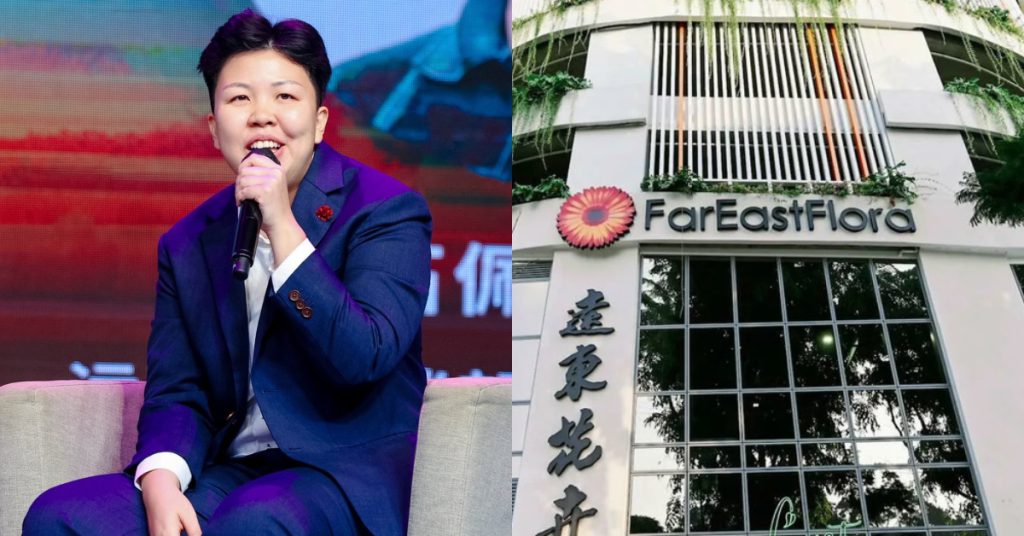As part of Singapore’s efforts to tackle climate change, Singapore intends to reduce our land transport emissions by 80 per cent from 2016 levels, by around 2050.
One key strategy to achieve this target is to increase the adoption of cleaner energy vehicles, and in particular, electric vehicles (EVs). EVs currently produce around half the emissions of an Internal Combustion Engine (ICE) vehicle.
The availability of EV charging infrastructure is critical for the adoption of EVs, and the Ministry of Transport (MOT) and the Land Transport Authority (LTA) are planning to introduce legislation to regulate EV charging across the key stakeholders in the EV charging industry.
The authorities are conducting a public consultation from 15 June 2022 to 14 July 2022 to seek the public’s views on the proposed legislation.
Proposed legislation to regulate EV charging
MOT intends to introduce a new EV charging bill to ensure the safety of EV chargers and to ensure safe, accessible and reliable provision of EV charging services in Singapore.
The bill will empower LTA to regulate the supply, advertisement, installation, registration, use and maintenance of EV chargers. It will also impose a licensing regime for EV charging operators, and mandate provision of EV charging in developments.
All EV chargers supplied in Singapore will need to belong to a model that is approved by LTA. To be approved, EV chargers must meet safety and performance standards prescribed by LTA.
All EV chargers will also need to be registered with LTA within a “reasonable time frame” after they have been installed. Similarly, owners of existing EV chargers will also be required to register them with LTA within 12 months.
Under other proposed laws, all new buildings with carparks will have to install EV charging points in at least one per cent of their total car and motorcycle parking lots in future.
In addition, the developments have to provide sufficient electrical load to support EV charging with 7.4 kilowatt chargers for 15 per cent of the total parking spaces.
Besides new buildings, the requirements would also cover developments that increase their gross floor area by 50 per cent or more, and those that increase their approved electrical load to 280 kilovolt-ampere (kVa) or more.
To make it easier for EV charging to be installed in existing strata-titled developments like condominiums, the government is also looking at amending laws to lower the threshold for such resolutions to be passed.
Under the Building Maintenance and Strata Management Act, a proposal to install EV chargers currently requires support from up to 90 per cent of residents, depending on factors such as the proposed ownership of the chargers and length of lease.
The reduced threshold would apply to contracts that last for up to 10 years and to proposals that do not draw down on condo management funds, said LTA. It further noted that residents in some condos have not managed to pass resolutions to install EV charging points, even when a majority of residents support the move.
“We see a strong impetus to introduce legislation to regulate EV charging across the key stakeholders in the EV charging industry, while the industry and EV adoption in Singapore are still nascent,” said the authorities.
Featured Image Credit: Jefferson Tan via Facebook










